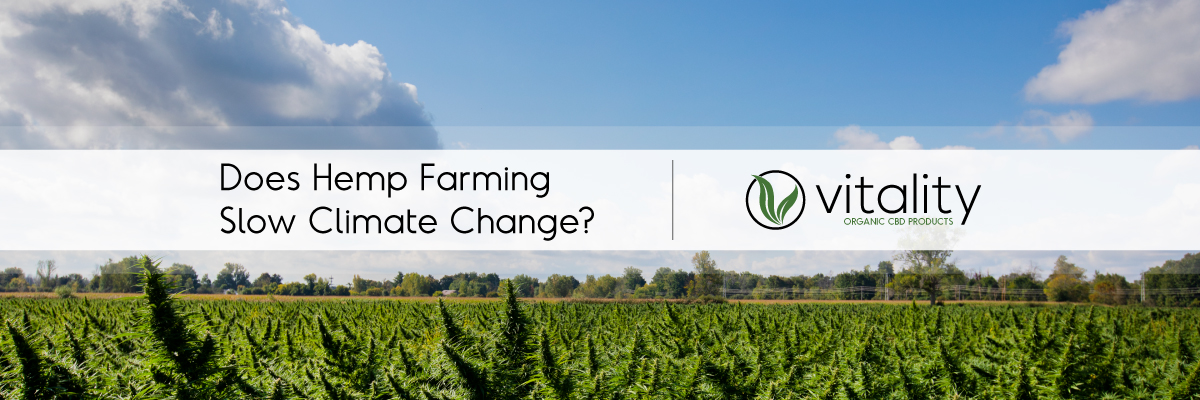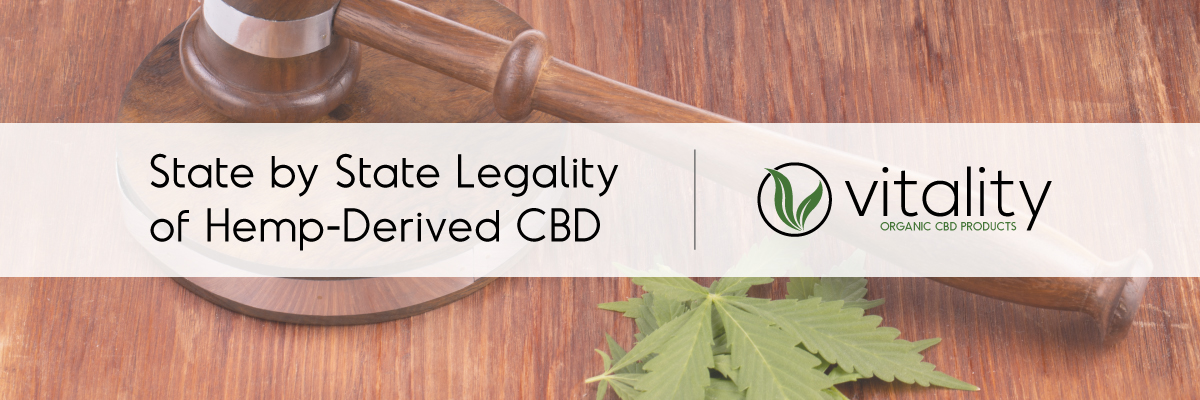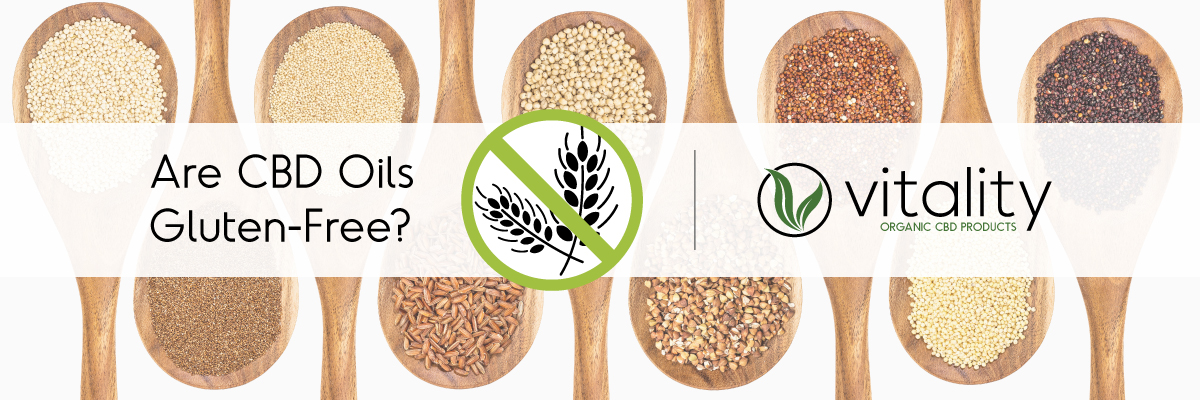
Hemp Farming May Slow Climate Change
Is Hemp Farming Slowing Climate Change
How Can Hemp Help Farmers?
Numerous challenges have hampered farmers throughout the U.S. Water shortages, drought conditions, and constantly falling prices for produce have made it hard for many farmers to keep their pastures open and functioning. This has decimated one of the foundational livelihoods in the country. But hemp could play a positive role in helping to support many of them. It is one of the most sustainable crops.
Hemp and Climate Change
Hemp is a product that does not require much water to grow and thrive. It is more adaptable to climate and tends to work well throughout the Midwest, which is the hardest hit areas in farming today. Hemp can be grown in most areas where corn is grown and uses about half as much water as corn does. It can handle less-than-desirable soil conditions and does not need pesticides to thrive. These are all very good benefits to farmers. It is also a fast-growing plant. It can reach as high as 20 feet in just 100 days. All of this has created an opportunity for farmers to cash in on a much in demand product.
That is not to say that traditional crops are not important. They are. Yet, if you can plant hemp in many of the fields, you reduce the impact of water shortages on other farms growing produce. This can help to support the climate in these areas, especially as the Western mountain snow packs continue to melt.
When planted, hemp requires a good amount of water. Within three weeks, though, it becomes drought-tolerant, making it easy to manage even over the long term.

States Are Already Seeing the Benefits of Growing Hemp
There are numerous examples of hemp’s benefits. For example, in Colorado in 2017, there were 9,700 acres of hemp harvested. In Oregon, another 3,500 acres was harvested. And, in states such as Nevada, Montana, and Washington, there was 1000 acres of hemp harvested that year. Other states are now growing the product as well.
Now that the latest farm bill has taken place, allowing the Midwest to begin to plant and grow hemp as well, and providing important financial resources to the area, it is likely that we will see a significant amount of hemp growth spreading across the U.S.
Prior to the passage of this bill, hemp fell under the federal Controlled Substance Act. That made it illegal for the growing and processing of hemp. Hemp comes from the cannabis family of plants. However, it is not the same as marijuana, the drug that remains federally controlled. Hemp does not cause a high sensation. It contains 0.3 percent of THC, which is the compound that creates that high sensation people are after.
A Legal, Lucrative, and Sustainable Commodity
Today, hemp is a legal agricultural commodity, and one that is recognized by the U.S. Department of Agriculture. With the passage of this bill, many farmers holding out on planting hemp due to concerns about federal legalities are now able to reap the benefits from it. In addition to this, the passage of this federal law opened the door for researchers to apply for grants and federal funding to help in the study of this product as well as the impact it could have on the agriculture of the U.S.
Not a Danger, Not a Drug
Hemp is not a dangerous drug – and instead, offers a wide range of uses and benefits for other industries. The passage of the Hemp Farming Bill of 2018 opened the door for new opportunities for growers to start planting and using this crop in their farms. While we have yet to see the full benefits that this new law will create, it is expected to help support struggling farmers in many Midwest communities, providing them with access to the confidence and even the financial support they need to grow hemp. And, the product that uses less water, can help to lessen the water shortage concerns for other crops, too.
For all of these reasons, hemp could be one of the most important tools used to mitigate the risks of climate change on the agricultural sector in the U.S. Hemps sustainability is nothing to overlook.
About Vitality CBD™
Vitality CBD exists to provide a healthy and natural alternative to the pharmaceutical industry. We embrace charity, sustainability, quality, trustworthiness, and domestic sourcing as our core operational values. All our CBD products are grown, harvested, extracted, and bottled all in American owned and operated facilities. Vitality CBD products are certified Non-GMO, Organic, Vegan, and Gluten-Free. Take 20% off your first online order with code FT20 today!



